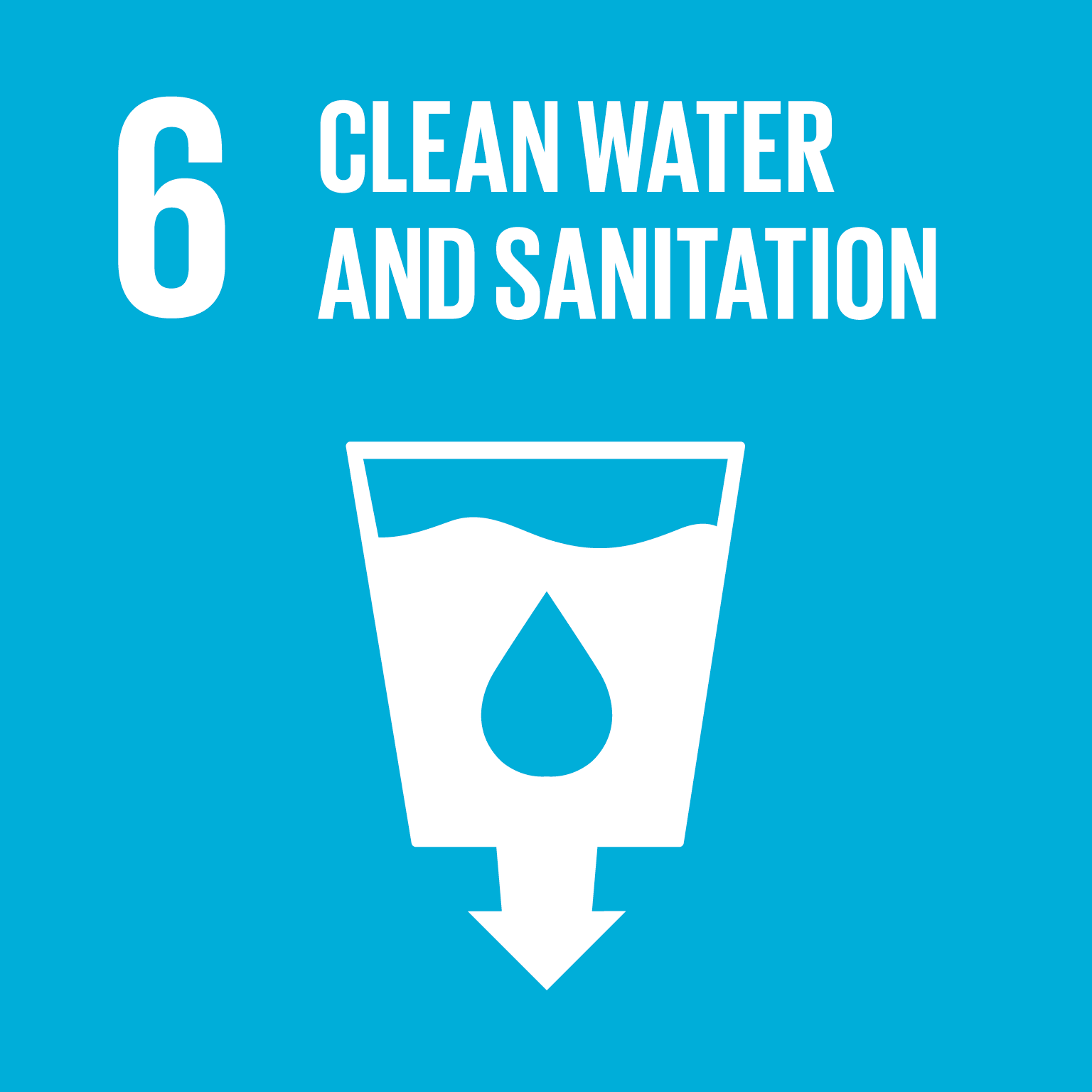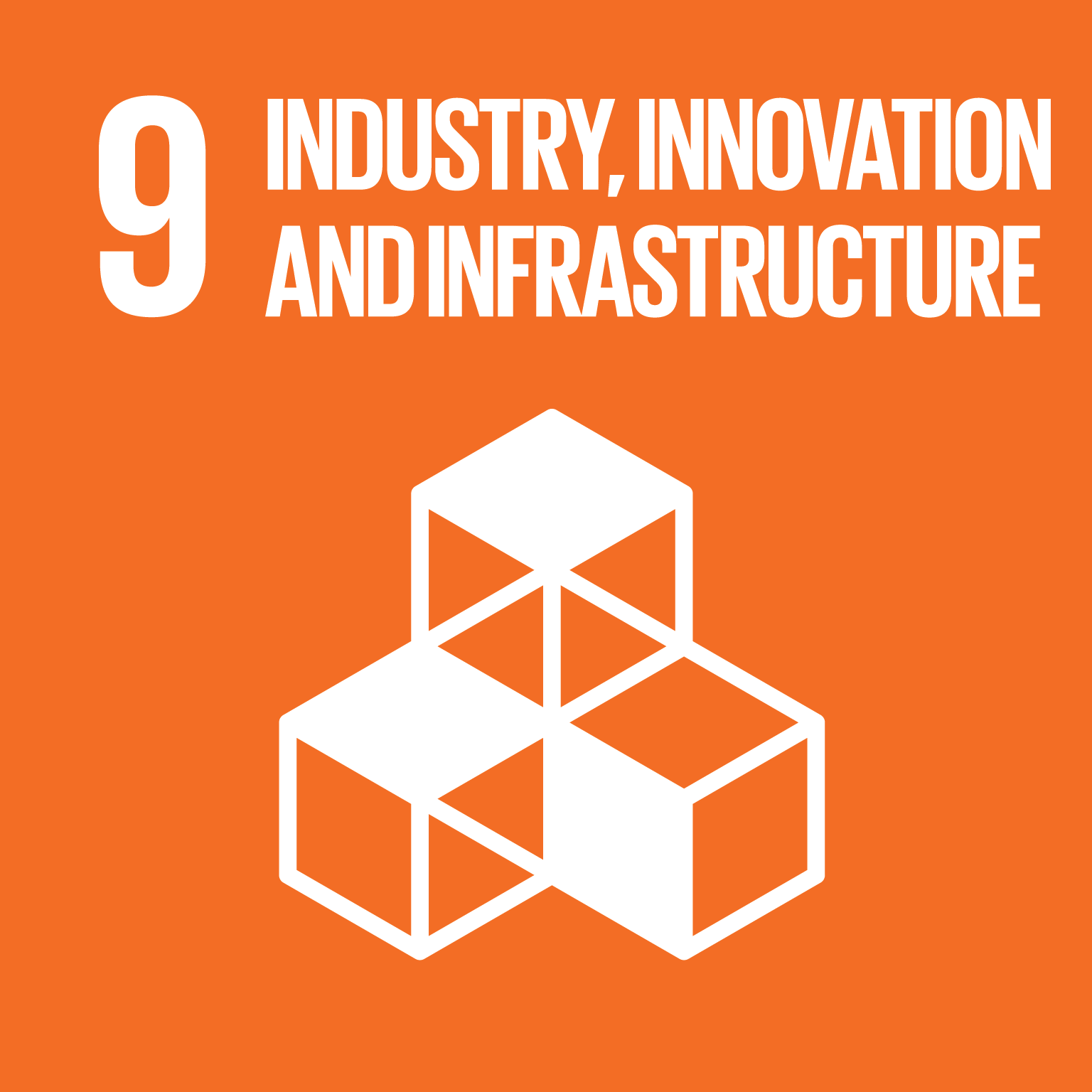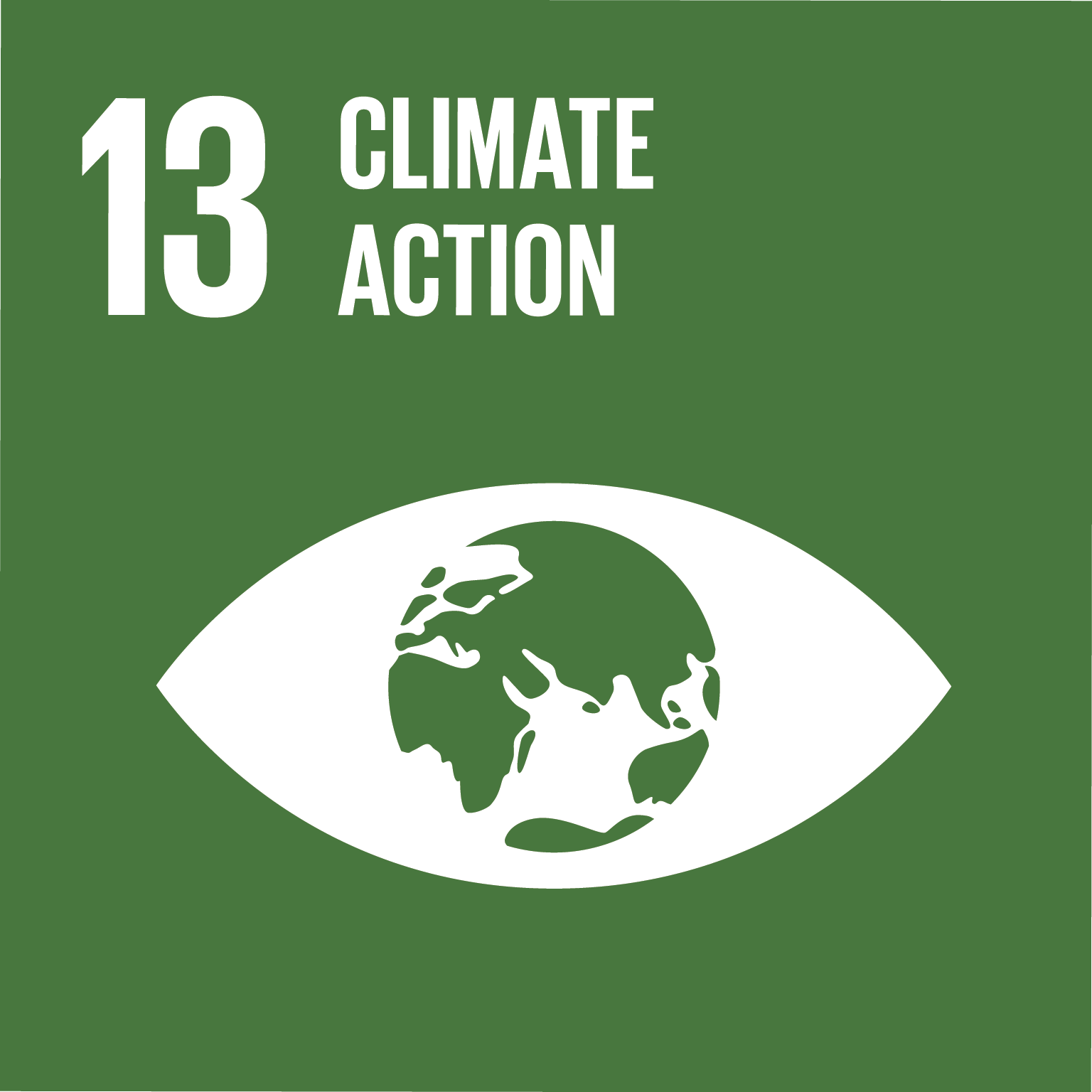This course is available through the following application route(s)
As an engineer, you will make a real difference in the world and be responsible for leading the way in finding solutions to real problems. Will you develop alternative or new sources of energy, invent life-saving medical devices or create new modes of communication? UCD Engineering offers a particularly wide range of engineering specialisations,from Mechanial, Electrical, Electronic, Civil, Materials, Chemical & Bioprocess, Biomedical Engineering, Biosystems and Food to Structural Engineering with Architecture.
At UCD, we provide a first-class education across our engineering disciplines, which are variously accredited by Engineers Ireland, the Institution of Chemical Engineers (IChemE) and the Institute of Materials, Minerals and Mining (IoM3). Whatever the specialisation, we place considerable emphasis on the mastery of analytical skills and the use of quantitative methods. Study is based on solid mathematical, scientific and engineering principles. Essentially, these are the fundamentals of engineering and they will enable you to navigate successfully through the challenges you will face in your future career.
We work with industry to ensure that our programmes produce graduates who are highly skilled and trained to address the problems that organisations and society face. We also pride ourselves on being research intensive and our curricula engages students in a culture of academic excellence and inquiry. This, coupled with the fact that our lecturers are experts in their fields, makes UCD the first choice for anyone interested in engineering.
As a UCD Engineering student, you’ll enrol in a common first year, which allows you to gain an understanding of the many different engineering disciplines available, before being offered an unrestricted choice of specialisation (subject to health and safety based capacity constraints). We have the widest range of degree choices in Ireland and, after completing this common first year, you can choose from one of the following:
- Biomedical Engineering
- Chemical and Bioprocess Engineering
- Civil Engineering
- Electrical and Electronic Engineering
- Mechanical Engineering
- Structural Engineering with Architecture
This degree programme provides access to a wide range of options in engineering. After a largely common first year, you choose an area of specialisation. Later, you can choose further specialisations and alternative degrees (BSc, BE or ME) – exactly what is available depends on your area of specialisation.
About This Course
Your first year in Engineering at UCD will see you immersed in a completely new life from both an educational and a social perspective. Educationally, the first year is a common year which allows you gain an understanding of the many engineering disciplines available, before you specialise.
This year will be spent intensively learning and discovering how to solve problems through physics, chemistry, mathematics and computing, as well as gaining exposure to engineering subjects such as mechanics, energy engineering, creativity in design and electronic and electrical engineering. Throughout the year, you will be presented with information about the various specialisations, and given advice to guide you in making the right decision when choosing your engineering pathway at the end of first year.
UCD Engineering students also have the option to take elective modules throughout UCD on the Horizons programme. For more information on the Horizons programme please visit click here.
All these programmes allow for study abroad, in universities with compatible engineering programmes around the world. The US universities are always popular, and there is competition for places there. The Erasmus programme provides for exchanges with other European universities – this usually means working in the local language. Study in other countries, such as Australia, New Zealand, China or Singapore, is also possible.
Study abroad is normally during one or both trimesters of Stage 3. If you choose suitable courses in the host university and achieve good results there, you will be awarded credit for this work as part of your degree programme in UCD.
Please visit the UCD Global website for more information on exchanges.
A world of opportunity awaits you as a UCD Engineering graduate and as our programmes are professionally accredited, they are fully recognised internationally. You’ll be able to establish a career in many sectors, including:
- Business
- Design
- Education
- Energy/clean technology
- Environment
- Food
- Healthcare
- Information and communications technology
- Infrastructure
- Research
You’ll be equipped with a mindset and skills that will make you an asset to any employer. The Engineering education offered by UCD is recognised by the world’s top companies. In addition to our wide range of BE degrees, UCD has numerous graduate programmes including taught Master’s degrees with specialisations in:
- Biomedical Engineering
- Biosystems & Food Engineering
- Chemical & Bioprocess Engineering
- Civil, Structural & Environmental Engineering
- Electrical Energy Engineering
- Electronic & Computer Engineering
- Engineering with Business
- Energy Systems Engineering
- Materials Science & Engineering
- Mechanical Engineering
- Optical Engineering
- Structural Engineering with Architecture
There are also research programmes available to students at both Master’s and PhD level.
Check out the UCD Career Networks career guide for the College of Engineering & Architecture for details on the career supports available to UCD students.
UCD Engineering and Architecture Programme Office,
Room 122, Engineering and Materials Science Centre,
Belfield,
Dublin 4
Tel: +353 1 716 1868
Email: eng.arch@ucd.ie
Web: www.ucd.ie/engineer
Web: www.myucd.ucd.ie/programme_info/engineering
General information for Prospective UCD students: https://myucd.ucd.ie/ [Including admissions information etc]
Below is a list of all modules offered for this degree in the current academic year. Click on the module to discover what you will learn in the module, how you will learn and assessment feedback profile amongst other information.
Incoming Stage 1 undergraduates can usually select an Elective in the Spring Trimester. Most continuing undergraduate students can select up to two Elective modules (10 Credits) per stage. There is also the possibility to take up to 10 extra Elective credits.
| Trimester | Credits | |||
|---|---|---|---|---|
Stage 1 Core Modules |
CHEM10030 | Chemistry for Engineers | Autumn | 5 |
Stage 1 Core Modules |
CHEN10040 | Intro. to Eng. Computing | Autumn | 5 |
Stage 1 Core Modules |
CVEN10040 | Creativity in Civil Engineering Design | Autumn | 5 |
Stage 1 Core Modules |
EEEN10010 | Electronic and Electrical Engineering I | Autumn | 5 |
Stage 1 Core Modules |
MATH10250 | Introduction to Calculus for Engineers | Autumn | 5 |
Stage 1 Core Modules |
PHYC10150 | Physics for Engineers I | Autumn | 5 |
Stage 1 Core Modules |
MATH10260 | Linear Algebra for Engineers | Spring | 5 |
Stage 1 Core Modules |
MEEN10030 | Mechanics for Engineers | Spring | 5 |
Stage 1 Core Modules |
MEEN10050 | Energy Engineering | Spring | 5 |
Stage 1 Core Modules |
PHYC10160 | Physics for Engineers II | Spring | 5 |
Stage 1 Options - A) Min 1 of: In the Spring Trimester, Students must select at least one OPTION Module from the list of Stage 1 Option Modules.Students may also select one Elective Module. The First Year Elective can be from anywhere in UCD.However, if preferred, students may select another module related to Engineering by choosing another OPTION Module from the following list or one from the list of ADDITIONAL OPTION Modules.The recommended workload is 30 credits (6 modules) per Trimester.For information on choosing Option Modules, please refer to the Programme Office website for Current Engineering students. |
CHEN10010 | Chemical Engineering Process Principles | Spring | 5 |
Stage 1 Options - A) Min 1 of: In the Spring Trimester, Students must select at least one OPTION Module from the list of Stage 1 Option Modules.Students may also select one Elective Module. The First Year Elective can be from anywhere in UCD.However, if preferred, students may select another module related to Engineering by choosing another OPTION Module from the following list or one from the list of ADDITIONAL OPTION Modules.The recommended workload is 30 credits (6 modules) per Trimester.For information on choosing Option Modules, please refer to the Programme Office website for Current Engineering students. |
COMP10060 | Computer Science for Engineers I | Spring | 5 |
Stage 1 Options - A) Min 1 of: In the Spring Trimester, Students must select at least one OPTION Module from the list of Stage 1 Option Modules.Students may also select one Elective Module. The First Year Elective can be from anywhere in UCD.However, if preferred, students may select another module related to Engineering by choosing another OPTION Module from the following list or one from the list of ADDITIONAL OPTION Modules.The recommended workload is 30 credits (6 modules) per Trimester.For information on choosing Option Modules, please refer to the Programme Office website for Current Engineering students. |
CVEN10060 | The Engineering and Architecture of Structures 1 | Spring | 5 |
Stage 1 Options - A) Min 1 of: In the Spring Trimester, Students must select at least one OPTION Module from the list of Stage 1 Option Modules.Students may also select one Elective Module. The First Year Elective can be from anywhere in UCD.However, if preferred, students may select another module related to Engineering by choosing another OPTION Module from the following list or one from the list of ADDITIONAL OPTION Modules.The recommended workload is 30 credits (6 modules) per Trimester.For information on choosing Option Modules, please refer to the Programme Office website for Current Engineering students. |
EEEN10050 | Introduction to Biomedical Eng | Spring | 5 |
Stage 1 Options - B) Min 0 of: In the Spring Trimester, students may may select one First Year Elective Module. The Elective can be from anywhere in UCD. However, if preferred, students may select another Module related to Engineering by choosing one of the following ADDITIONAL OPTIONS: |
BSEN10010 | Biosystems Engineering Design Challenge | Spring | 5 |
Stage 1 Options - B) Min 0 of: In the Spring Trimester, students may may select one First Year Elective Module. The Elective can be from anywhere in UCD. However, if preferred, students may select another Module related to Engineering by choosing one of the following ADDITIONAL OPTIONS: |
BSEN10020 | How Sustainable is My Food? | Spring | 5 |
Stage 1 Options - B) Min 0 of: In the Spring Trimester, students may may select one First Year Elective Module. The Elective can be from anywhere in UCD. However, if preferred, students may select another Module related to Engineering by choosing one of the following ADDITIONAL OPTIONS: |
CVEN10050 | Challenges in Civil Engineering | Spring | 5 |
Stage 1 Options - B) Min 0 of: In the Spring Trimester, students may may select one First Year Elective Module. The Elective can be from anywhere in UCD. However, if preferred, students may select another Module related to Engineering by choosing one of the following ADDITIONAL OPTIONS: |
DSCY10060 | Energy, Climate Change & Policy | Spring | 5 |
Stage 1 Options - B) Min 0 of: In the Spring Trimester, students may may select one First Year Elective Module. The Elective can be from anywhere in UCD. However, if preferred, students may select another Module related to Engineering by choosing one of the following ADDITIONAL OPTIONS: |
DSCY10070 | Materials in Society | Spring | 5 |
Stage 1 Options - B) Min 0 of: In the Spring Trimester, students may may select one First Year Elective Module. The Elective can be from anywhere in UCD. However, if preferred, students may select another Module related to Engineering by choosing one of the following ADDITIONAL OPTIONS: |
EEEN10020 | Robotics Design Project | Spring | 5 |
By joining the UCD College of Engineering and Architecture, you will be part of a vibrant community of students and faculty who are committed to creating a more sustainable and equitable future. The mission of the College of Engineering and Architecture is to affect a just transition to a more sustainable and equitable future through our education of professionals in engineering, architecture, planning and policy, and our research in technology, design, and policy. The College, in our engineers and architects, brings together the technical expertise to deliver and create infrastructure and technologies that can create a more sustainable future and, uniquely, the College, in our planners and environmental policy researchers, also brings together the research and professions required to create the policies and the regulatory environment that supports technological and infrastructure development, and that can also scrutinise and investigate the behavioural changes affected by our technologies.
The programmes at UCD are designed to equip students with the best education in their chosen field, while at the same time embedding the UN’s sustainable development goals (SDG’s) in their education where most relevant.
Engineering:
The college offers a wide range of engineering disciplines, ensuring that our students are educated in the fundamental principles of engineering, while also embedding sustainable practices and principles. The goal is to educate engineering professionals who can play an active role in developing innovative, engineering-based solutions to the challenges of sustainability and equity.
- Clean Water and Sanitation (SDG 6)
- Affordable and Clean Energy (SDG 7)
- Industry, Innovation, and Infrastructure (SDG 9)
- Climate Action (SDG 13)
"I initially came to UCD for a year as a study abroad student but I ended up transferring because I loved it so much at UCD. Compared to America I could achieve my masters in 5 years as opposed to 6. I also love the people and I have found it really easy to make friends. By choosing to study internationally, I've taken what some may consider to be a non-traditional route, however, by taking the path less travelled I have ended up growing much more both academically and as an individual."
Sara Lolatte, Student, USA
"I initially came to UCD for a year as a study abroad student but I ended up transferring because I loved it so much at UCD. Compared to America I could achieve my masters in 5 years as opposed to 6. I also love the people and I have found it really easy to make friends. By choosing to study internationally, I've taken what some may consider to be a non-traditional route, however, by taking the path less travelled I have ended up growing much more both academically and as an individual."
Sara Lolatte Student, USA
Non-EU Undergraduate Fee information can be found here.
UCD offers a number of competitive undergraduate scholarships for full-time, self-funding international students, holding an offer of a place on a UCD undergraduate degree programme. For information on Undergraduate Scholarships, please see the UCD International Scholarships webpage.
How to Apply
General application route(s) for Irish/UK/EU applicants* for International (non-EU) applicants* to Engineering:
| ROWCLASS | Apply to |
|---|---|
| showAudience-audienceInt | NUS1 Engineering Bachelor of Engineering Full-Time Commencing September 2025 Undergraduate Degree (Non EU) Non EU Undergraduates Closed |
| showAudience-audienceEU | DN150 Engineering Bachelor of Engineering Full-Time Commencing September 2025 Application through CAO |



